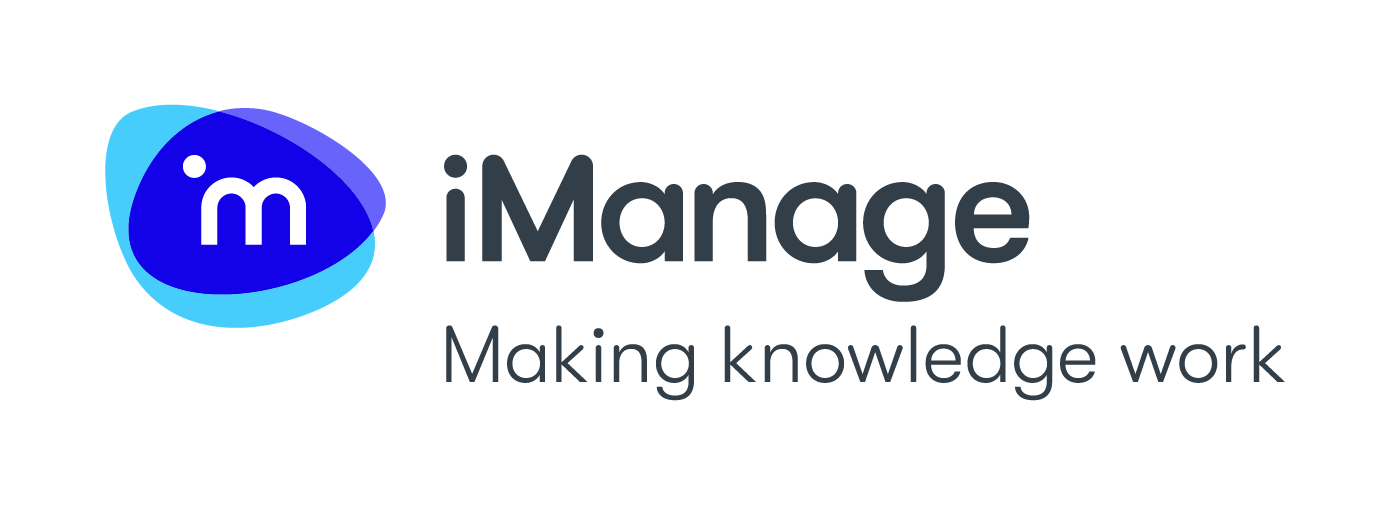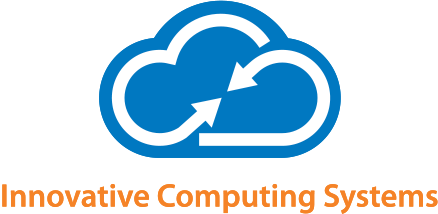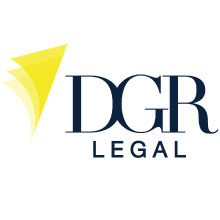Artificial Intelligence's Impact on the Legal Industry
By Paul Sperry
Over the last few years, the legal industry has found itself in the midst of a sea change that has been exacerbated by competitive pressures, an increasingly intelligent client base and the advent of technology to control costs and affect outcomes. Although there’s been tremendous interest around topics like alternative billing models, e-discovery, legal processing, outsourcing, mobility, cloud strategies, big data, security, etc., today it seems like everyone (engineers, data scientists, entrepreneurs, business owners, senior management executives and, yes, even lawyers) is talking about artificial intelligence (AI).
The Wikipedia definition of AI is “intelligence demonstrated by machines, in contrast to the natural intelligence displayed by humans and animals. A machine imitating human behavior, such as ‘learning’ and ‘problem solving’.” The definition continues to change, and has been split into two broad types of AI—narrow (applied) and general. Narrow AI is intelligent systems that have been taught to carry out specific tasks without being explicitly programmed to do so, e.g., Apple’s Siri and Amazon’s Alexa. General AI is the type of adaptable intellect found in humans, a flexible form of intelligence capable of learning how to carry out vastly different tasks.
So why now? AI dates back to the 1950s. Is it because AI is “really cool”, or are we finally ready to see advancement in this concept? The likely answer is both. The biggest breakthroughs for AI research in recent years have been in the field of machine learning, in particular with the field of neural networks and deep learning. AI needs data, preferably structured data, and parallel computing power. The evolution of cost-efficient systems that store, transfer and compute massive amounts of data enabling complex deep learning, neural network- based models are being used in AM 100 law firms today. It’s only a matter of time before law firms of all shapes, sizes and discipline will leverage these capabilities in order to simply compete, let alone flourish.
Most agree AI won’t replace lawyers any time soon, but just like disruptive factors in the transportation (Uber), hospitality (Airbnb), data (Facebook) and other industries, with more being reported every day, technology has already had a profound impact on every law firm and, in fact, the entire legal industry. The most well-known examples are LegalZoom continuing to increase market share (four million customers) for basic legal contracts/services, DoNotPay automating the parking ticket appeal process or e-discovery products and services eliminating the need for tedious and time-consuming tasks performed by junior associates and paralegals. Many who refuse to embrace and even leverage change will dismiss these offerings as one-off scenarios, but the reality is it’s just the beginning.
Regardless of the reason for exploring AI, you’re not alone. In 2017, AI raised $12 billion of venture capital investment (which is a true testament for a concept, considering it has no real track record to date). This level of excitement and interest in the technology industry hasn’t been experienced since the dot-com period from 1997 to 2001. However, the real difference is that the productivity gains with AI can be exponentially greater. Replacing a task- oriented human with his or her frailties and personal agendas that can affect outcomes is far more valuable than streamlining access to information in a web application. When the dust settles, undoubtedly, there will be some disruptive products amongst the numerous failed ventures. The real test is whether these products will be true machine learning systems that can think, learn and reason like humans or be just another way to emulate intelligence.
One day, AI may replace task-oriented staff in a law firm, but it will take more time before people are ready to truly trust computers. Knowledge and experience aside, personal relationships, unsolicited advice, understanding body language, tonality and other intangibles are a few of the attributes that set great lawyers apart from all the others. We all know the law is far from black and white, and we may never see machine learning that teaches subjectivity and interpretation. In fact, some may choose to completely dismiss AI as a disruptive technology in the legal industry, and at the end of the day, they may be right from this respect.
Right now, AI needs people. People will achieve more if they have machine-assisted cognitive systems. This is becoming prevalent in products currently in production at law firms. They’re designed to make people, and not machines, smarter. Some examples are as follows:
Casepoint is a leading eDiscovery application and early adopter of the technology- assisted review (TAR) process. The recently-released CaseAssist feature takes TAR to the next level in helping lawyers make better strategic decisions in litigation. It does this by determining and pushing additional noteworthy data and documents (characters who are relevant to a litigation and additional key dates) and suggesting alternative search terms when reviewing those documents. As the matter progresses, CaseAssist learns the critical information and relationships to other data points, making it more accurate in identifying relevant materials in the future. Outside of the time savings, this cognitive system helps lawyers make better, more well- informed decisions.
iManage Work is an industry-leading e-mail and document management application. It includes “smart” features such as personalized search, document timelines and intelligent work lists that enable professionals to work the way they want to work. iManage Work introduces AI-ready functionality for future AI integration—turning the traditional document management system (DMS) into a powerful, content-aware platform. As an example, a personalized search quickly cuts through the clutter and locates relevant information in less time using machine learning and data analytics. A simple, yet robust, search interface with filtering enables easy navigation of large result sets, creation of complex queries for future use and personalized results based on past behavior.
Brightflag is a tool for legal departments, combining e-billing, matter management, invoice review and pricing analytics in one platform. The platform is underpinned with new AI language analysis technologies that read and categorize lawyer time entries, allowing powerful automated invoice review and pricing analytics that drive real savings, time efficiencies and reporting. It does the heavy lifting and points reviewers to the problematic areas, and every invoice is reviewed to make sure guidelines are followed. Brightflag’s AI is categorizing and tracking every piece of work given to outside counsel to understand and compare the true cost of matters right down to the individual documents.
As AI matures over the next few years, the legal industry will experience significant change. Law firms need to prepare for what’s to come, continue working towards freeing attorney’s time to think and advise clients and determine how to transform the work being done (rather than eliminating that work). It is less important as to which law firm has the smarter lawyers and more important as to which law firm makes its lawyers smarter. Now is the time to be AI-ready!
Paul Sperry is the President and CEO of IVIONICS, which he founded in 1986. From a very young age, Paul has been passionate about the value of information in business and the various technologies for managing and controlling this critical off-balance sheet corporate asset. Over the last 30 years, he has led his staff in improving numerous practices for achieving some of its clients' most challenging business objectives. Today, he continues as the visionary for the company and strategizes with its clients’ senior management teams on leveraging technology in their businesses. Paul graduated from Polytechnic University, where he earned a Bachelor of Science degree in Computer Science and Mathematics. When not working, Paul serves as an advisor on the board of several not-for-profit organizations and small businesses throughout Long Island and NYC. Paul may be reached at [email protected].





















